Brochures
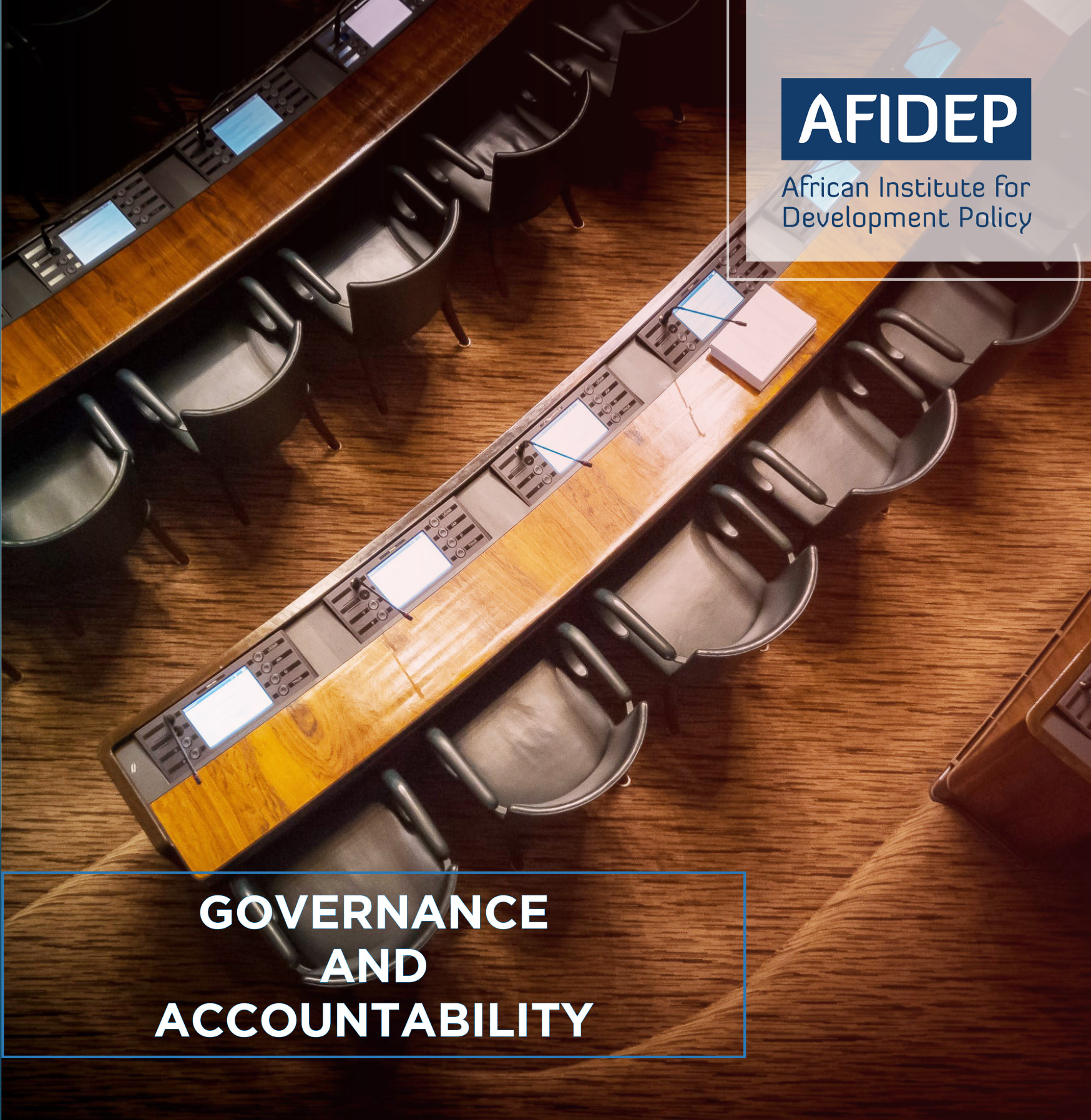
AFIDEP work on governance and accountability has primarily been with African parliaments to institutionalise strategies that enable them to improve their oversight, representative and legislative functions. We now seek to step up this work by strengthening capacity for evidence-informed decision-making as a mechanism for enhancing better governance and accountability in service delivery and use of public resources. Our governance and accountability programme acknowledges the importance of the intersecting gender equality issues in governance. Read more about our impact in the brochure here:
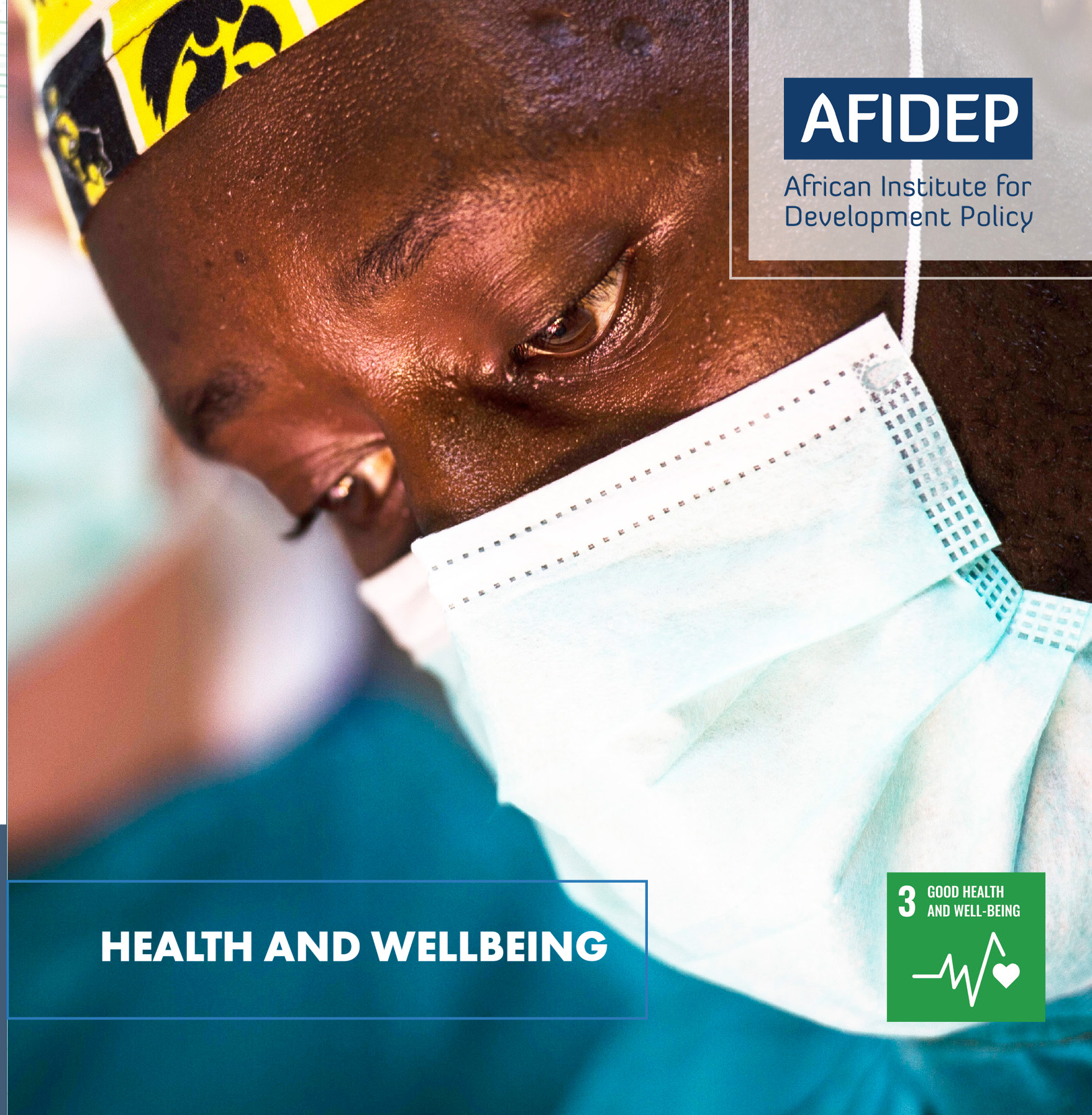
Most African governments are not spending enough on health care. As a result, the Sustainable Development Goal 3 targets of universal health coverage and financial risk protection by 2030 are unlikely to be achieved. Without strong health systems, African countries are unlikely to make significant progress on persistent health challenges as well as emerging epidemics such as non-communicable diseases, antimicrobial resistance and neglected tropical diseases. Our health and wellbeing priority focus area seeks to provide capacity strengthening and technical assistance for evidence-informed decision-making. Find more details in the brochure here:
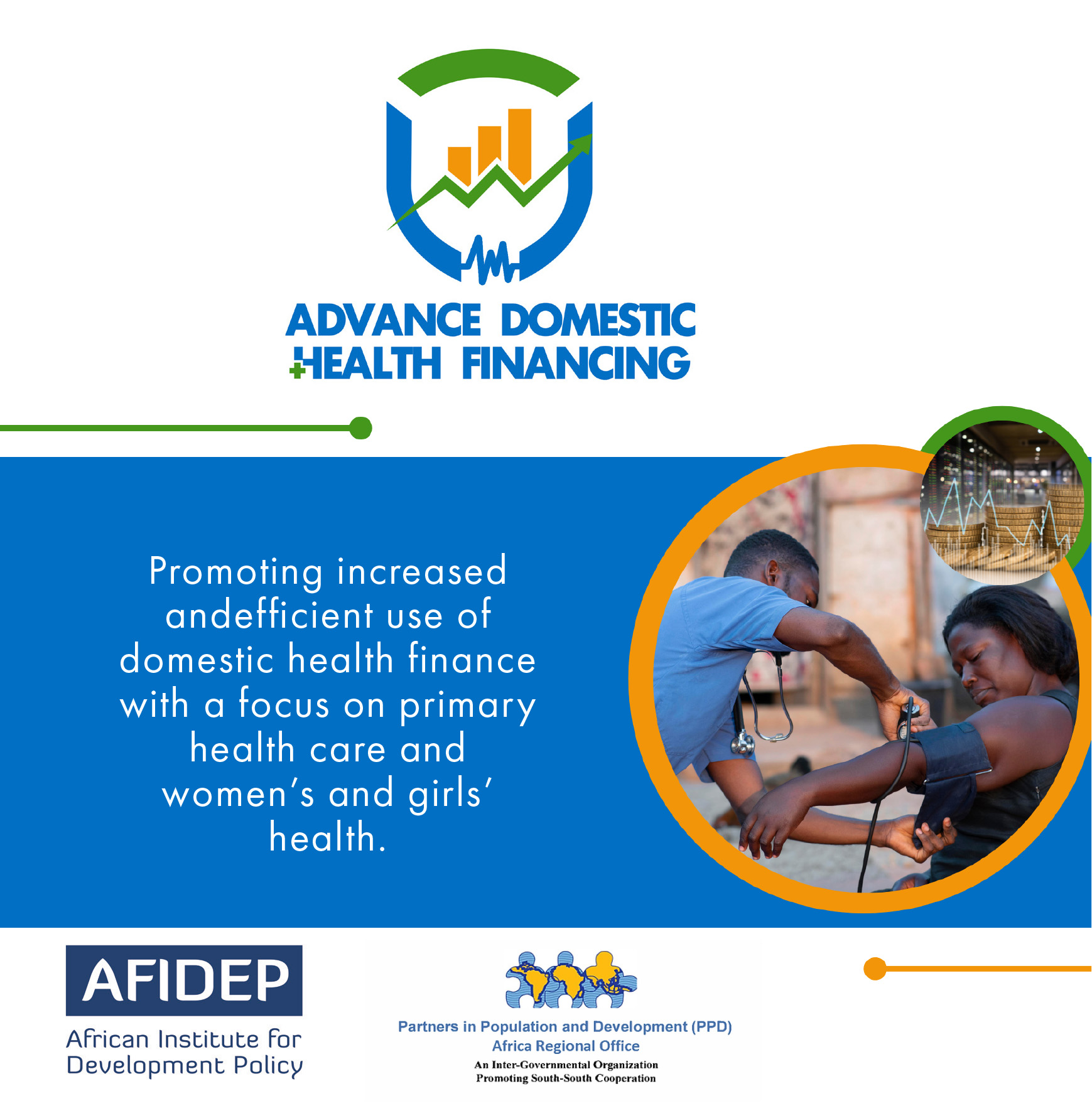
The Advance Domestic Health Financing project seeks to contribute to increasing domestic investments in health and promoting efficient utilisation of health budgets, with a focus on primary healthcare (PHC), girls’ and women’s health. The project builds on African governments’ commitments to increasing domestic financing for health and improving efficiency in budget expenditure through declarations like the 2001 Abuja Declaration, the 2019 African Union (AU)’s Africa Leadership Meeting (ALM) declaration, and other domestic, regional, and global commitments related to PHC, girls’ and women’s health including the ICPD+25, FP2030, the 2021 generation equality forum, and SDGs. The project is implemented at both […]
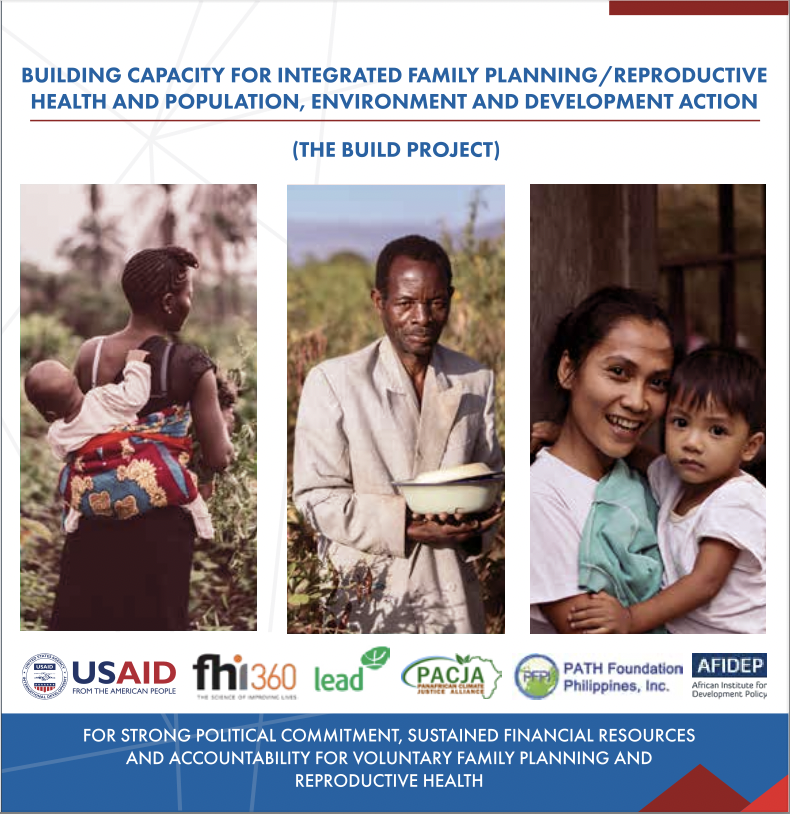
Building Capacity for Integrated Family planning (FP) and Reproductive Health (RH) and Population, Environment and Development (PED) Action (BUILD) is a global program designed to leverage the interconnectedness of Population, Environment and Development, to spur strong political commitment, sustained financial resources, and accountability for voluntary family planning and reproductive health in low-and middle-income countries (LMICs). The BUILD Project seeks to address interlinked Population, Environment and Development (PED) challenges for sustainable development in LMICs to enable integrated FP/RH and PED action using the Systems thinking approach.

The Making a case for Planetary Health Making in sub-Saharan Africa (Planetary Health) project aims to build the evidence base for policy and programmes that address the health impacts of climate change in Sub-Saharan Africa. The project will develop and test policy options that have the potential to deliver generalizable and transferable lessons for improving the local environment, global environmental sustainability and population health.
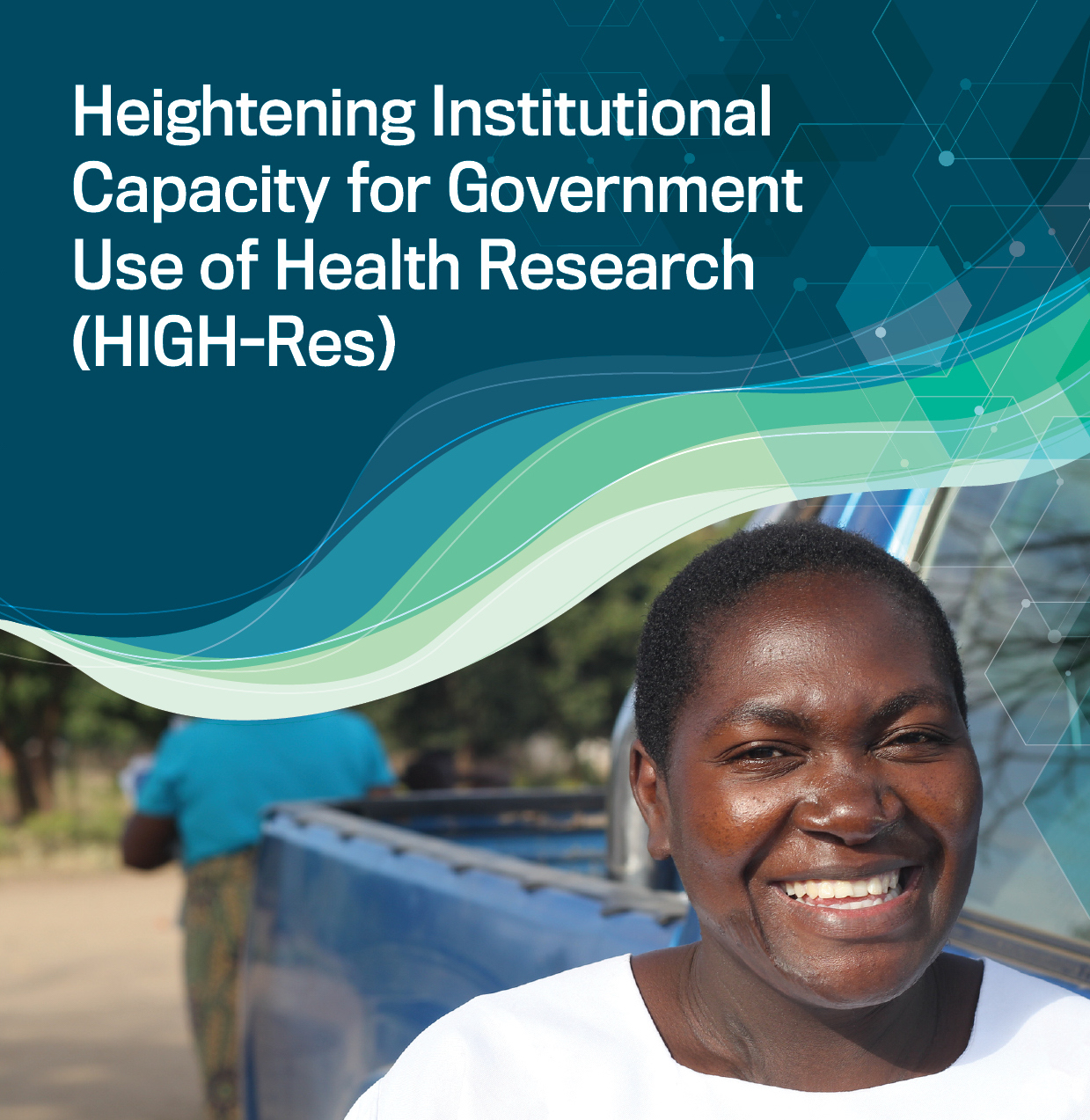
Evidence has an important role to play in improving policy, programme and practice decisions that ultimately improve development effectiveness. Among the many factors that hinder the use of evidence in decision-making is weak individual and institutional capacity in sourcing, appraising, synthesising and applying evidence. The Heightening institutional capacity for government use of health research (HIGH-Res) project aims to respond to this challenge by implementing interventions that will strengthen institutional capacity for the use of health research in policy and programme decisions in Kenya, Malawi and Uganda.
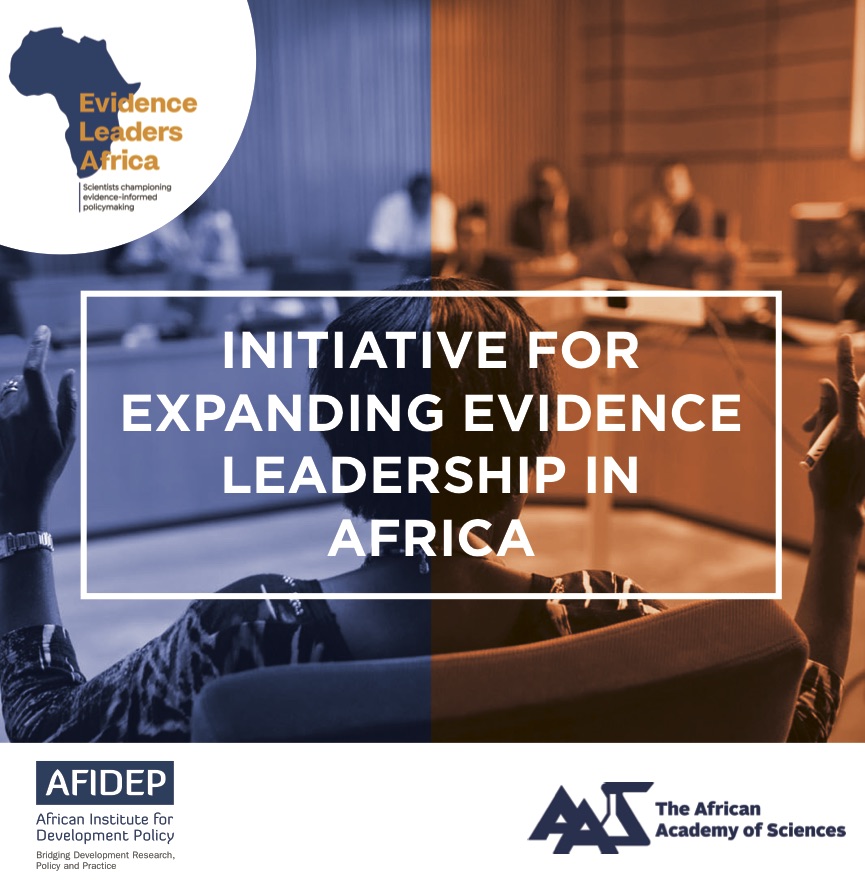
The Evidence Leaders in Africa (ELA) project aims to expand leadership for the use of evidence in policy formulation and implementation by African governments. The project will run for 2 years, coordinated by AFIDEP and the African Academy for Sciences (AAS).
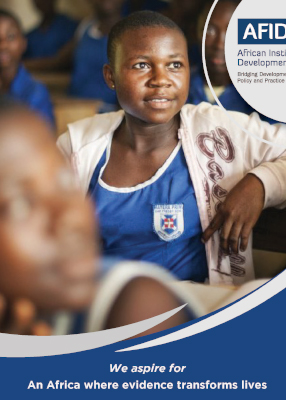
Founded in 2010, to help bridge the gaps between research, policy, and practice in development efforts in Africa, AFIDEP contributes to the realisation of the SDGs by enabling the formulation of sound development policies and programme interventions. We work to promote and entrench a culture of evidence use in development efforts in Africa.
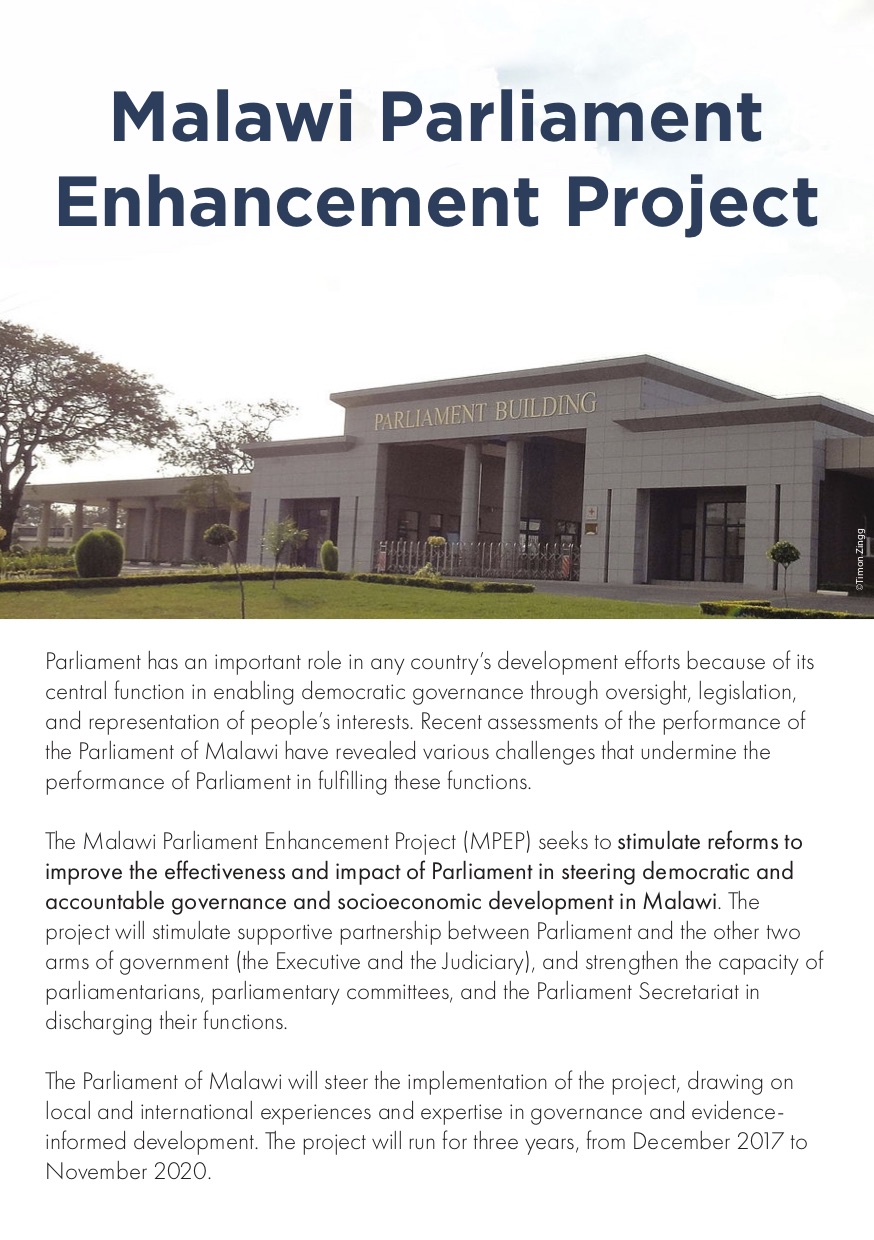
The Malawi Parliament Enhancement Project (MPEP) seeks to stimulate reforms to improve the effectiveness and impact of Parliament in steering democratic and accountable governance and socio-economic development in Malawi. The project will stimulate supportive partnership between Parliament and the other two arms of government (the Executive and the Judiciary), and strengthen the capacity of parliamentarians, parliamentary committees, and the Parliament Secretariat in discharging their functions.
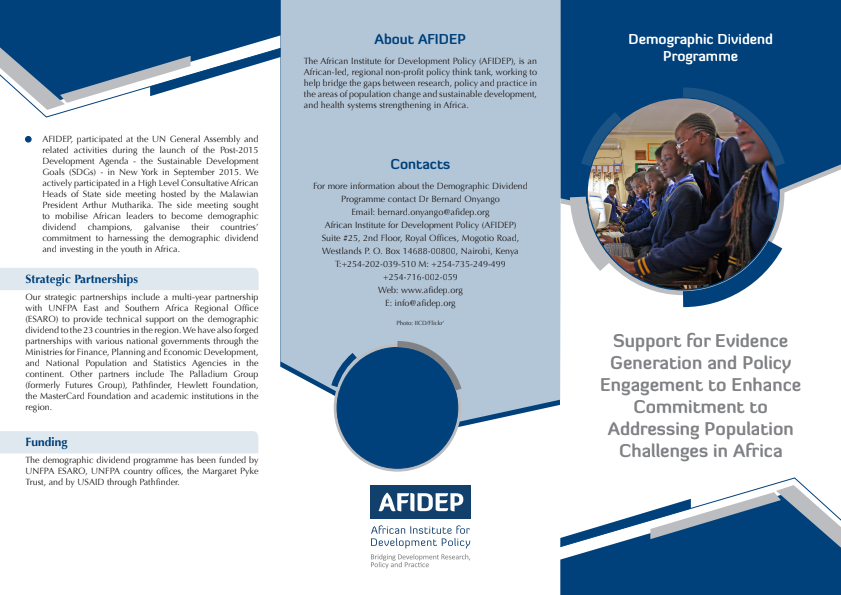
The demographic dividend programme, initiated in 2013, was set up within the context of the discourse on the rapid increase of the population of young people in Africa, and whether this presents an opportunity for accelerated socio-economic development in Africa. The project carries out analytical studies in African countries that have expressed interest in conducting analyses that will help them to better understand their potential to harness the demographic dividend and identify priority policy actions to be implemented to reach this goal.
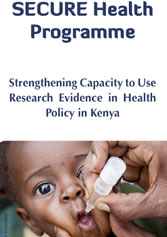
The use of rigorous data and research evidence can help improve health outcomes and reduce the high disease burden in Africa by informing formulation of robust policies and implementation plans, and design of effective health interventions. However, utilisation of evidence in decision-making processes in the health sector is limited in due to bottlenecks that operate at individual, system and institutional levels.
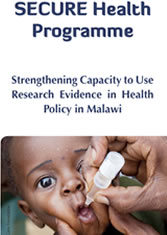
The use of rigorous data and research evidence can help improve health outcomes and reduce the high disease burden in Africa by informing formulation of robust policies and implementation plans, and design of effective health interventions. However, utilisation of evidence in decision-making processes in the health sector is limited in due to bottlenecks that operate at individual, system and institutional levels.

